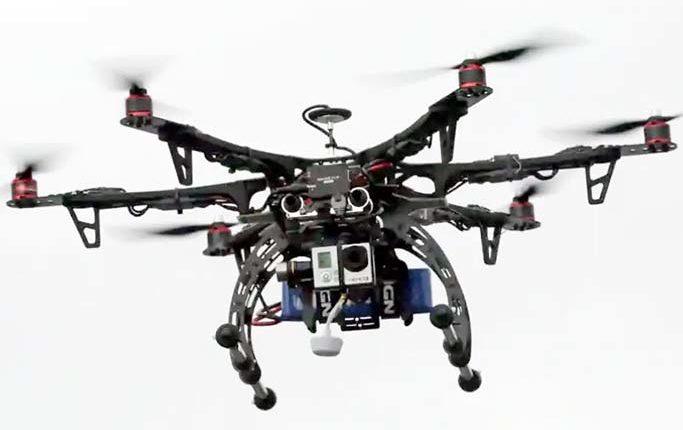By Milcah Tanimu
The Nigerian government has decided to halt its proposed 0.5% levy on domestic electronic transactions, intended to fund national cybersecurity improvements, after facing significant public backlash. This decision comes amidst an ongoing economic crisis that has seen rising inflation and living costs.
On May 6, the Central Bank of Nigeria had directed financial institutions to start collecting the levy within two weeks. However, due to widespread criticism, President Bola Tinubu announced over the weekend that he would block the tax, and on May 14, a senior cabinet member officially suspended its implementation.
“The cybersecurity tax policy implementation has been directed by the government to be put on hold, so it has been suspended,” Information Minister Mohammed Idris said, according to Reuters.
Nigeria, one of Africa’s largest economies, is grappling with severe economic challenges, including over 30% annual inflation, declining international investments, and escalating living expenses. These conditions have left many Nigerians struggling, and the proposed tax would have further strained their finances.
Wale Ajayi, partner and head of Tax, Regulatory & People Services at KPMG Nigeria, emphasized the need to consider the current economic conditions before implementing such a levy. “The key objective of the cybercrime levy is to ensure there is dedicated and adequate funding to address the growing threats of cyber-attacks,” he stated. However, he noted that the current economic climate does not justify its implementation now.
Rising Cybersecurity Concerns
The suspension of the levy raises concerns about Nigeria’s cybersecurity future. The country aims to boost its cybersecurity workforce through initiatives like the Virtual Cyber Hub and the Cybersafe Foundation. Historically, Nigeria has been a hub for cybercrime, particularly social engineering scams.
The economic downturn could exacerbate cyber risks for citizens and businesses. According to Deloitte’s Nigeria Cybersecurity Outlook 2024, insider-supported attacks may increase due to financial desperation, leading to more cyber-related financial crimes. This situation poses significant risks to enterprises, increasing the likelihood of data breaches and other malicious activities.
The Cyber Security Experts Association of Nigeria (CSEAN) reported a surge in ransomware attacks in 2023, which are expected to continue in 2024. Additionally, many government assets remain vulnerable to exploits, a situation that could worsen without adequate funding.
Historical Context and Future Steps
The cybersecurity levy was initially proposed in legislation passed in 2015 to strengthen Nigeria’s national cybersecurity capabilities. In May 2023, the Central Bank of Nigeria issued a circular instructing banks to collect the 0.5% fee from electronic payments and transfers. The levy was projected to generate about 3 trillion naira (approximately USD 1.9 billion) annually, but the government did not provide a cost justification for the tax.
Ajayi from KPMG stressed the need for transparency and accountability before implementing such a tax, warning that it might drive citizens to use cash or checks instead. He advocated for combining revenue-raising initiatives with responsible spending and suggested phasing in tax reforms gradually to minimize economic shocks.
“Combining revenue-raising initiatives with responsible spending practices is essential for fiscal sustainability,” Ajayi said. “It is also important that government consider phasing in tax reforms on a gradual basis to minimize potential shocks to the economy.”





